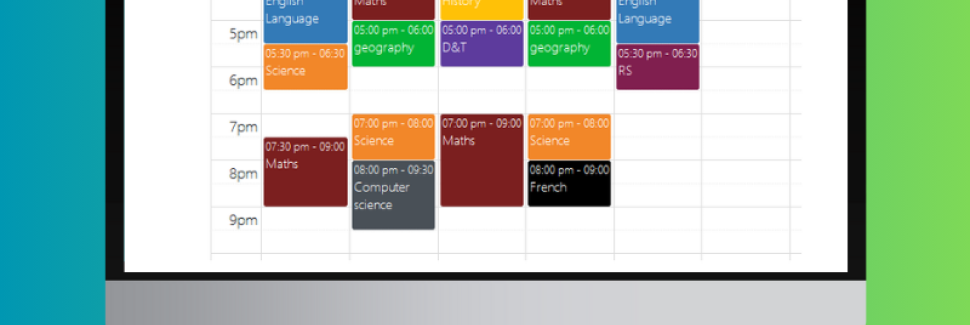
Your grades do most of the talking, the statement shows what’s happening away from your studies. You might be a great worker at home when your parents are on your back, however at university when you’re on your own, have you got what it takes to motivate yourself? Often straight A students will see grades tumble with the taste of independence and admissions are well aware of this...
Personal statement
You might have written a brief for a CV or perhaps another for a college before, but how do you sell yourself in 4000 letters or less to your home for the next 3+ years? Your personal statement can redeem even the most borderline grades. Play your cards right here and you might even get yourself an unconditional offer.
First – don’t lie, but don’t be afraid to add a little ‘glam’ to your life. We mention this first because often students are too afraid to really emphasise achievements or personality on the statements. Remember the universities see hundreds to thousands of applications full of exaggeration, but by being brutally honest you will brutally miss out. You might come across an egotistical narcissist but that’s better than an insecure bum.
Why do you want to go to university? Make sure they can see the challenge you are looking for (that doesn’t include your new drinking record ambitions). A professor wants to see sustainable commitment. Consider this; who would you choose? The applicant with lesser grades but looking to ride a learning curve, or the kid who has done it all and is about to burnout? Explain why you want to learn as well as what you want to learn.
Don’t be afraid to get specific. Showing an interest in a specific area shows you have really considered the course, rather than a general worker. It helps you stick out and reduces the risk for admissions staff if they have a student as passionate as they are.
What are you into and why is it relevant? How does cycling make you want to be a better Thespian? Don’t be afraid to be creative, but always have somebody read back what you’ve written and tell you if the connections are too far-fetched. Drop in awards you’ve won and other interests you have that might not be as relevant but show commitment. If you don’t have a hobby or interests don’t make up much, just elaborate on small things you already do and turn them into a passion when it comes to writing the statement. When mentioning an award or qualification always mention the result of the award; for example ‘I have grade 8 in violin and as a result I have moved on to other instruments and now play in an orchestra’ works better than ‘I have a grade 8 in violin’.
Reference
If you are lucky enough to choose your referee - choose wisely. It might look good to have the head teacher, head of sixth form or college dean on there but chances are they don’t really know you. Choose somebody with a little more rapport who will add value to you as this will shine through more than a generic statement. Approach a member of staff who is happy to spend the time on you. If you have a tutor or mentor that knows you personally they are much more likely to consider what will get you chosen and fill up the 4000 characters with as much enthusiasm as you have for yourself.
It’s probably best to choose a teacher in the faculty closest to your study as they are more likely to know the lingo to get you in and explain why you have the right mind for that field of study. Avoid asking a P.E. teacher to write about why you would be good for physics.
If you aren’t great at writing statements it is OK to get help. Outline what you’re good at and ask friends, family and other people close to you who might notice traits or activities you hadn’t considered and list them to give you more to write about. Be sure to give your referee a copy to ‘prompt’ their statement as well as to avoid covering old ground and add variety to you.





